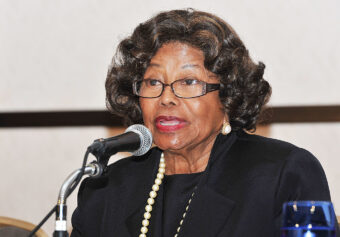Wage loss and a sharp rise in unemployment are among the impacts Black Americans have faced during the COVID-19 pandemic, but Blacks are optimistic their finances will recover during the year. That’s according to a new study by Clever Real Estate, a real estate research company, on the state of the finances of Americans. The study, “Two Years Into the Pandemic, Americans Are Still Struggling Financially,” uncovered interesting statistics on Black Americans’ finances.

Here are some of the key points:
- 23 percent of Americans said that they received food stamps this year due to the pandemic. Black Americans were 26 percent more likely to receive food stamps.
- 13 percent of homeowners took out an additional mortgage to make ends meet. This includes Black homeowners, who were 37 percent more likely to have taken out an additional mortgage.
- 41 percent of Americans have no emergency savings, including 20 percent of Black Americans who say they’ve spent their emergency savings since the pandemic began.
The study found that Blacks have faced a sharp rise in unemployment and wage loss due to the pandemic, which has negatively impacted their savings habits. Some 44 percent of Black adults who are typically able to save money say they have put less money into savings than usual. Half of Black adults with some college experience or less say they’ve saved less than expected, while about a quarter (27 percent) of those with a college degree say the same. And just 18 percent of Black adults without a degree say they have been putting more into savings, compared with 33 percent of those with a college degree who say this.
During the pandemic, child care was a major issue for nearly all working parents. Twenty-nine percent of Americans say that child-care responsibilities have limited their opportunities of earning a raise or promotion, including Black-American parents who are 46 percent more likely to say that child-care responsibilities have impacted their ability to perform at their job.
The study did find that Black Americans are faring better in other ways.
- More than one-third (37 percent) are optimistic about their financial recuperation, anticipating that their finances will recover within the year.
- Black Americans are 32 percent more likely than the average American to have non-mortgage debt.
- Almost half (43 percent) of Black respondents say they are less stressed about the pandemic than they were last year.




